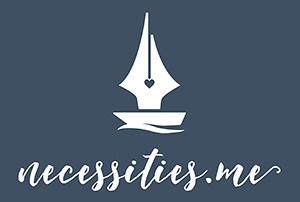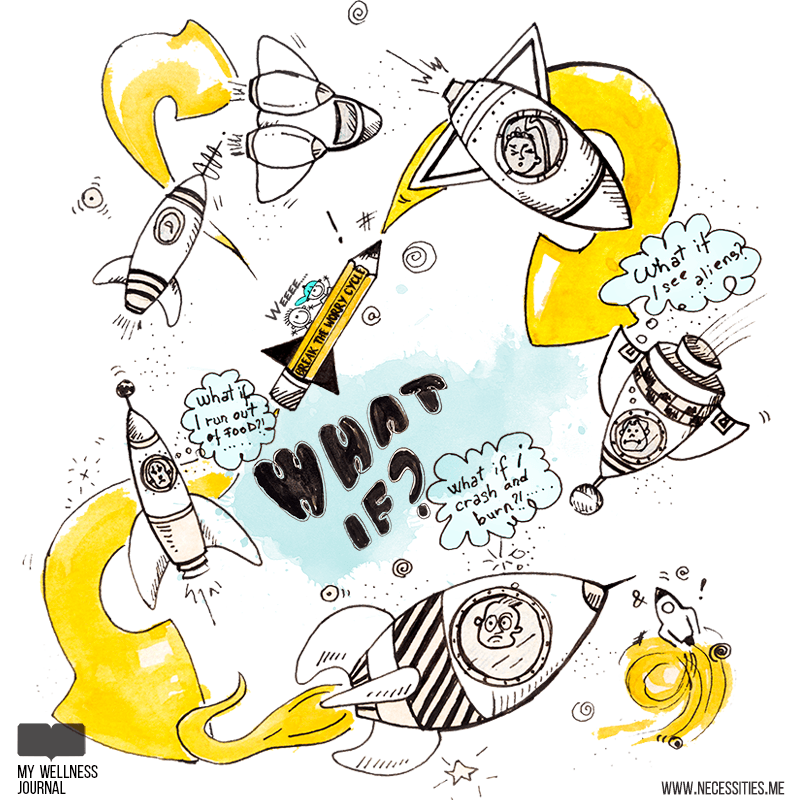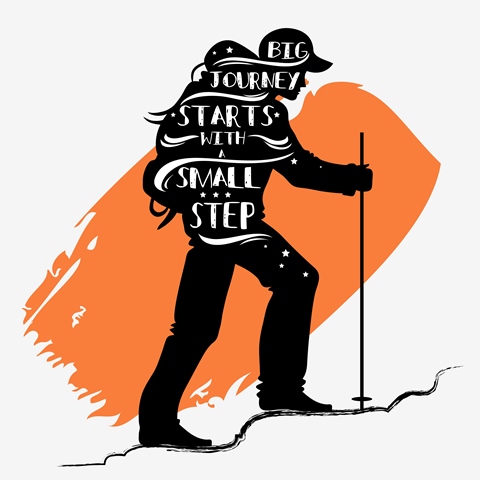Naikan, a self-reflection journaling practice
Why practice Naikan?
The practice of Naikan is a simple approach to improving your well-being. Between everyday responsibilities of running our lives we don’t seem to have the time or space to examine the direction of our life. And when we notice a discrepancy between “what is” and what “ought to be” we get angry and sometimes blame others for our circumstances – a spouse, friend, boss, colleague, parent or sibling. We continue to see situations that unfold in our life from our point of view. It allows for a one dimensional thinking. This prevents us from learning in order to change the direction of our life.In order to solve any challenge in life, we have to be creative. There are different tools that people use to find answers to compelling questions in life. These tools provide different perspectives; this is why we read a book, seek mentors or professional help. Through these tools new information enters our life and sheds light on our current problems. This gives us guidance on “actionable” changes that we need to take to alter the course of our life. A Naikan practice is one such tool which enables you to gain a different perspective. It will improve the quality of your attention so that you can be fully present and creative. Naikan has been administered to patients suffering from psychosomatic illnesses, alcoholism and eating disorders.
Naikan will reveal to you the reality of your life – it’s an invitation to grow!
What is Naikan?
Naikan is a structured method of self-reflection technique that was developed by Japanese businessman Yoshimoto Ishin (1916 -1988). NAI means ‘inside’ and KAN means ‘looking’, therefore Naikan means “inside looking” or “self-reflection” or “introspection.”
We have found this practice particularly beneficial while journaling. Naikan prevents you from entering a counterproductive ruminating cycle, where you are incessantly lamenting about your problems. In order for journaling to have a positive effect on your wellbeing, you have to sometimes provide a road map. Naikan is a great roadmap for productive journaling practice.
According to Greg Krech, founder of ToDo Institute, traditional Naikan method is used to examine our lives by reflecting on our relationship with others such as-parents, spouse, children, partners, teachers or work associates. We can also reflect on ourselves in relation to pets, or even objects which serve us such as cars and pianos. In her morning meditation, Louise L Hay recommends reflecting on the mundane that we take for granted everyday, such as the bed that we sleep in, kitchen equipment where we cook our breakfast , hot water in the shower and a car that take us to work. These are small things that we don’t notice, but imagine a day without hot running water. That would have me in knots. The Naikan method enables a conscious shift of attention to the myriad ways in which the world supports us.
How to practice it?
Naikan reflection is based on three questions:
- What have I received from ……………………….?
- What have I given to…………………………………..?
- What trouble and difficulties have I caused ………………………….?
You can practice a daily Naikan (Nichijo Naikan)
According to Gregg Krech, “this is the simplest method and required 20 -30 minutes before bedtime. Sit in a quiet and distraction free environment. Write down answers to the above questions in relation to the day’s events. What did you receive from others today? What did you give to others today? What troubles and difficulties did you cause others today?”
Be very specific with answering these questions.
Naikan reflection on a person
This method is practiced when we are reflecting on our relationship with a specific person. Recommended practice time for this is 50-60 minutes. According to Gregg Krech “for each hour of reflection we examine our relationship during a specific period of time. Usually we proceed chronologically (increments of 3 to 4 years), beginning with the day we first met the person. It is also possible to identify a time we found particularly challenging or difficult in relation to that person and do Naikan on your experience during that time.” Ask yourself the exact same questions as you do in a daily Niakan.
We hope that you found plenty of journaling tips through this post. One true inner question can change the trajectory of your life. We encourage you to experiment with Naikan to open doors of self-awareness and empowerment so that you know the grace by which you live.
Words To Grow By
Leo Tolstoy
“Man need only divert his attention from searching for the solution to external questions and pose the one, true inner question of how he should lead his life, and all the external questions will be resolved in the best possible way”.





